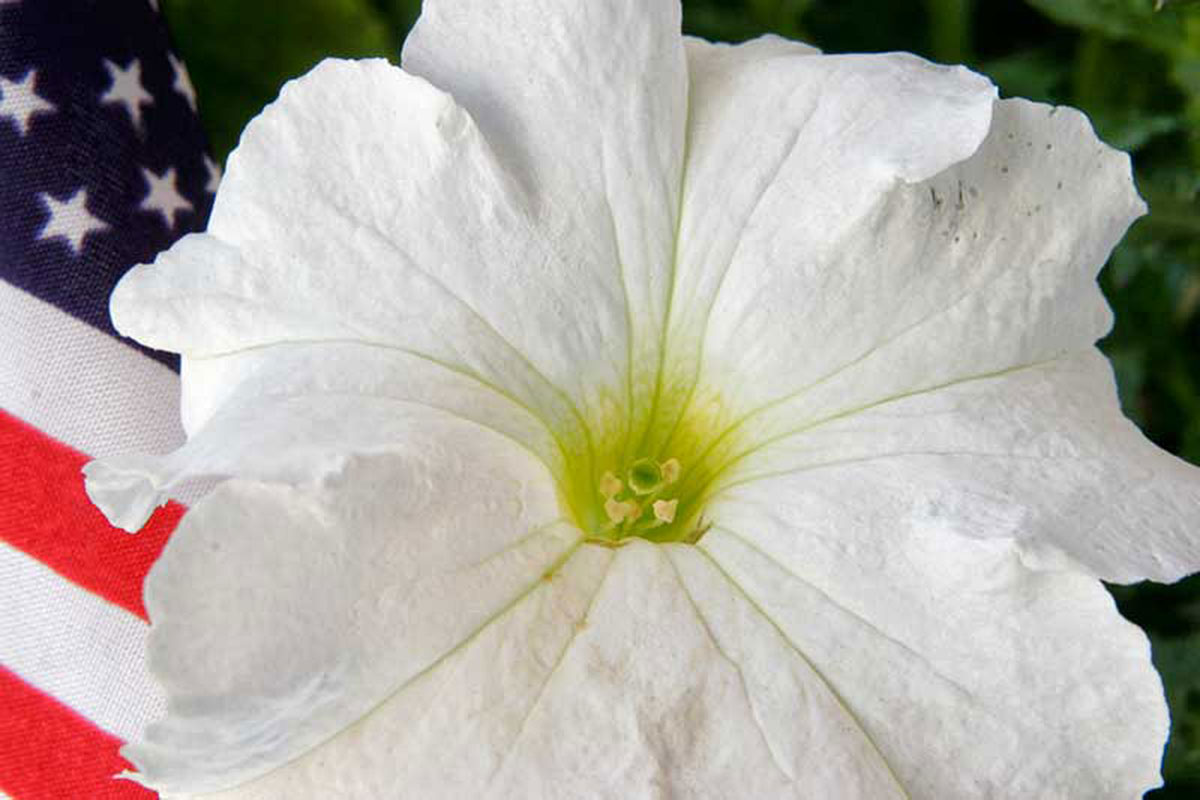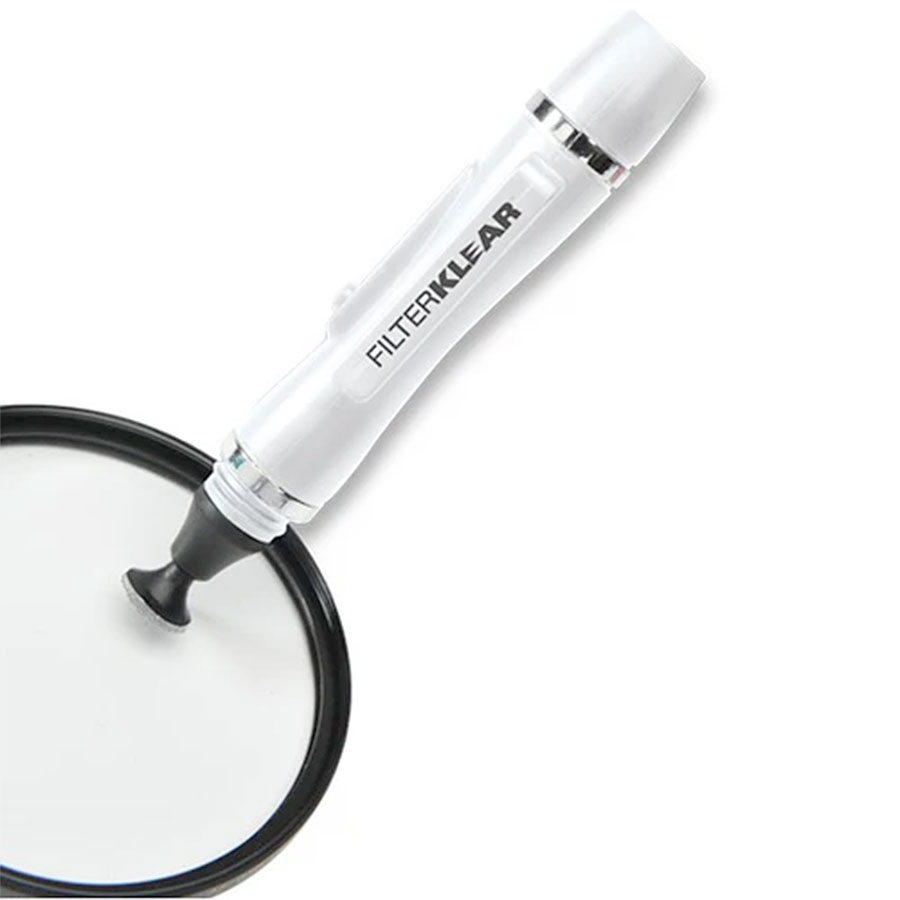For 2025 I’ve retired the #thursdaythoughts theme. While searching for a new one to replace it. the new theme is going to temporarily be (and may end up as) Anything Can Happen Day. That might have been what Thursdays were called on the Mickey Mouse Club, which is where I stole the idea!
Today’s Post by Joe Farace
I have, before now, waited for a pen to perform a macro.—Terry Pratchett
 The classic definition of a macro photograph describe a situation where when an image that’s projected onto the film plane or digital sensor is the same size as the subject. For a full-frame (24x36mm) sensor camera using a dedicated macro lens at a 1:1 ratio, you should be able to produce life-size magnification and focus on an area as small as 24x36mm.
The classic definition of a macro photograph describe a situation where when an image that’s projected onto the film plane or digital sensor is the same size as the subject. For a full-frame (24x36mm) sensor camera using a dedicated macro lens at a 1:1 ratio, you should be able to produce life-size magnification and focus on an area as small as 24x36mm.
These days, however, the term “macro” has come to mean “close focusing,” with one definition being able to focus on a subject close enough so the image is life-size or larger when viewing a 4×6-inch print, that was of course back when people actually made prints. To accomplish this, this looser definition only requires that a lens that has a magnification ratio of approximately 1:4. Magnification ratio is the ratio of an object’s size relative to its size when projected onto a camera’s image sensor or film plane. It’s also known as the reproduction ratio.
The good news is that you don’t need expensive tools to achieve these goals. Take a look at the “before and after” images(right and below) that were made the made with the help on a simple, inexpensive close-up filter.
Macro Photography with Filters
 Conventional wisdom is that close-up photography requires lots of expensive, specialized equipment but it doesn’t have to be that way. Cokin, Hoya, Tiffen as well as other filter and many camera manufacturers offer what they call close-up “filters.” While they’re really not filters in the traditional sense, they do pass the “duck test.” They look like filters, act like filters and quack like filters. They work much like reading glasses, allowing a primary lens to focus more closely. This image at left used the identical set-up as the image at above right but a Tiffen Close-Up +3 filter was attached to the lens allowing me to get much closer to the flower.
Conventional wisdom is that close-up photography requires lots of expensive, specialized equipment but it doesn’t have to be that way. Cokin, Hoya, Tiffen as well as other filter and many camera manufacturers offer what they call close-up “filters.” While they’re really not filters in the traditional sense, they do pass the “duck test.” They look like filters, act like filters and quack like filters. They work much like reading glasses, allowing a primary lens to focus more closely. This image at left used the identical set-up as the image at above right but a Tiffen Close-Up +3 filter was attached to the lens allowing me to get much closer to the flower.
Close-up filters are really supplementary lenses whose magnifying optics shorten a camera lens’s close-focusing distance allowing you to get closer to the subject and produce a larger image on the sensor or film plane. Close-up filters are typically available as a set and are offered in three different strengths (or diopters) that are labeled +1, +2, and +3. Tip: These lenses are double-threaded and can be used in combination with one another but to get the sharpest results, place the strongest filter closest to the lens’ front element.
Keep Your Filters Clean
 FilterKlear from LensPen is a indispensable photography tool for anyone using any kind of filter on their lens, whether with a DSLR or mirrorless camera. FilterKlear is specifically designed to clean camera filters starting with it’s built-in and retractable natural brush, which should be the first step used to remove dust from a filter. The next step is to use its tip that has a special non-liquid cleaning element to finish the cleaning process on the filter. That special cleaning element is designed to never dry out.
FilterKlear from LensPen is a indispensable photography tool for anyone using any kind of filter on their lens, whether with a DSLR or mirrorless camera. FilterKlear is specifically designed to clean camera filters starting with it’s built-in and retractable natural brush, which should be the first step used to remove dust from a filter. The next step is to use its tip that has a special non-liquid cleaning element to finish the cleaning process on the filter. That special cleaning element is designed to never dry out.
- FilterKlear measures 4.3-inches (11cm) long and has a round cleaning tip that measures 12mm in diameter and easily fits in a pocket or any size camera bag.
- Its cleaning tip is completely flat and is designed to match the shape of a filter
- The tip is covered with a special Invisible Carbon compound that removes fingerprint oils. The Invisible Carbon compound that’s found in all LensPen products is unique and has been formulated to eliminate the fingerprint oils and smudges that find their way onto your lenses, filters, eyepieces and screens.
Best of all a FilterKlear only costs $12.95, so you can afford to put one of them in each of your camera bags. It also makes a perfect gift for your favorite photographer!
LensPen is a long-time sponsor of my sites and blogs but I was using their products long before I even had a blog. My wife bought me my first LensPen in 1994 just after I acquired a brand-new Nikon N90s film-based SLR! I would like to thank LensPen for their continued support.